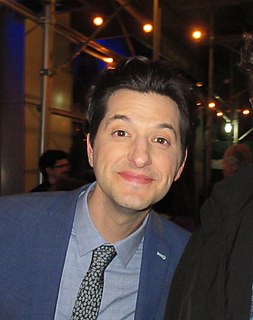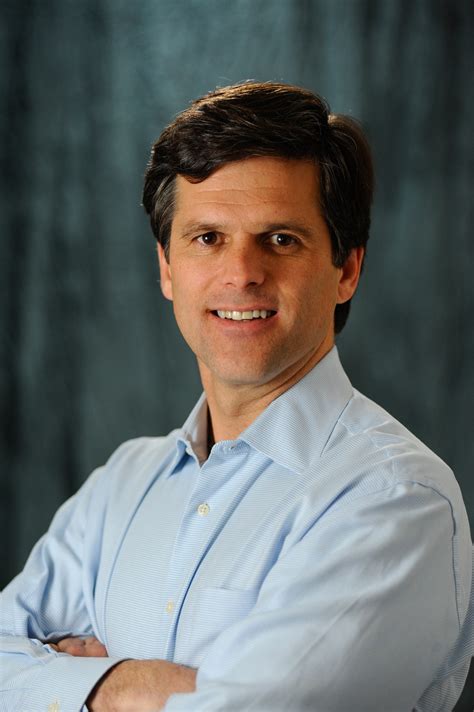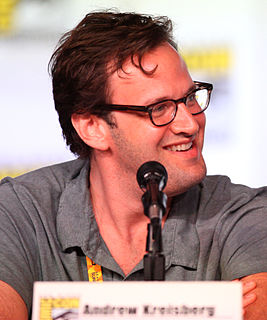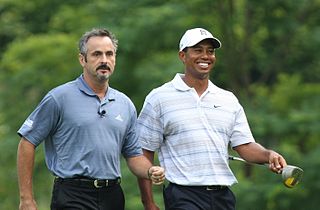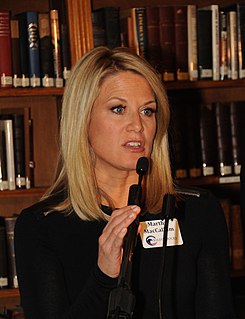A Quote by Seth Grahame-Smith
I've been a lifelong horror fan, but at the same time, I would say 90 percent of my reading is biographies and nonfiction history.
Related Quotes
We can't have close to 90 percent of those prenatally diagnosed with an intellectual disability being aborted; 90 percent not going to school; more than 90 percent reporting discrimination in the healthcare system; and 90 percent unemployed, and tell ourselves that we're doing a good job. The obstacles to leading a full life for the vast majority of people with intellectual disabilities are far beyond what they should be, and far beyond what we should tolerate. So yeah, I want change.




